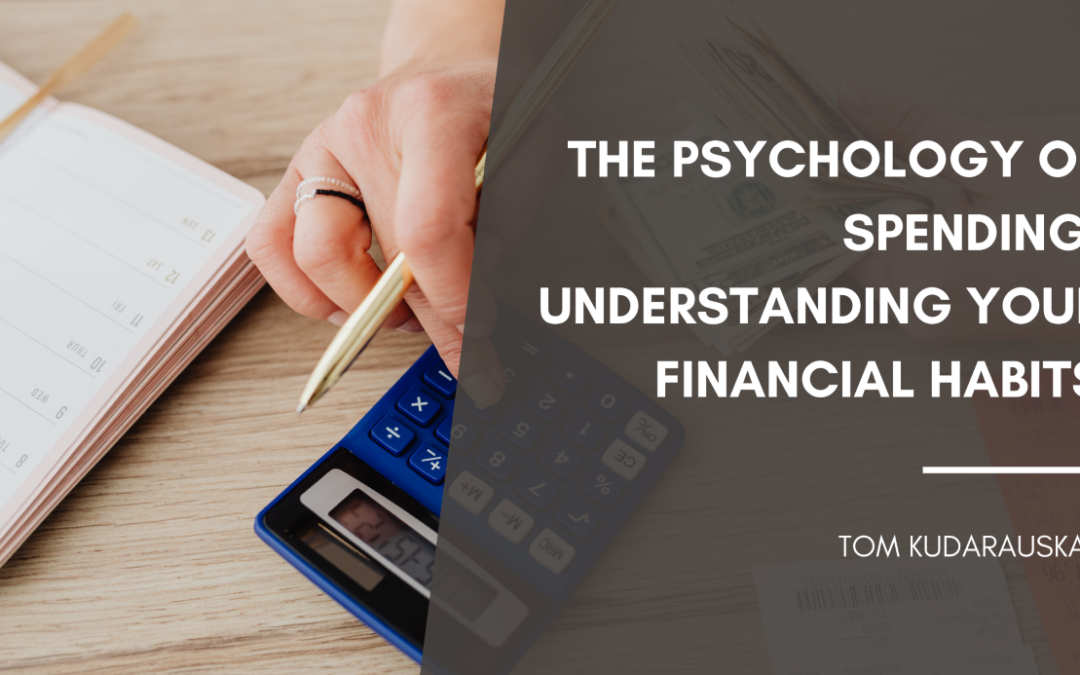Delving into the psychology of spending offers valuable insights into our financial behaviors and the driving forces behind our monetary decisions. In this article, you will learn about the psychological aspects of spending, providing a deeper understanding of how and why we manage our finances the way we do.
Emotional Spending
Emotional spending is a phenomenon where emotions, rather than logical financial planning, dictate spending habits. It’s common to seek comfort in shopping during periods of stress, sadness, or even jubilation. This emotional connection to spending can lead to impulse purchases, where immediate gratification trumps long-term financial goals. The first step towards gaining control over emotional triggers is to recognize them.
The Influence of Social Factors
Social factors play a significant role in our spending habits. The desire to keep up with peers, influenced by social media and advertising, often leads to unnecessary spending. The concept of “keeping up with the Joneses” exemplifies this, where the pressure to match the lifestyle and possessions of others can lead to overspending. Understanding that true financial well-being is not a competition can help mitigate these social pressures.
Cognitive Biases and Spending
Cognitive biases significantly impact financial decision-making. The ‘anchoring effect,’ for instance, occurs when we rely too heavily on the first piece of information we receive (the “anchor”) when making decisions. In spending, this could mean seeing a discounted price as a ‘deal’ without considering the actual value of the product. Another common bias is the ‘sunk cost fallacy,’ where past investments in time or money unduly influence current spending choices. Being aware of these biases can lead to more rational spending decisions.
The Gratification Factor
Instant gratification is a powerful motivator in spending. The convenience of online shopping combined with credit card availability enables immediate gratification. However, delaying gratification can lead to better financial stability. Practicing self-control and focusing on long-term satisfaction over short-term pleasures can shift spending patterns significantly.
Budgeting and Spending Control
Budgeting is a practical tool that can help counteract unhelpful spending habits. By setting a budget and tracking expenses, individuals can understand their spending patterns and adjust accordingly. Budgeting also instills a sense of discipline and control, which is crucial for long-term financial health.
The Role of Financial Education
Financial education plays a critical role in shaping spending behaviors. Learning to manage personal finances through budgeting, saving, and investing can lead to informed decisions and financial empowerment. Knowledge is power, and in the realm of finance, it’s a key factor in developing healthy spending habits.
Understanding the psychology behind spending habits is essential for financial well-being. Recognizing emotional triggers, social influences, cognitive biases, the lure of instant gratification, and the importance of budgeting and financial education can lead to more mindful and controlled spending. By examining the psychological underpinnings of our financial behaviors, we can learn to manage our money to align with our long-term goals and overall financial health.

